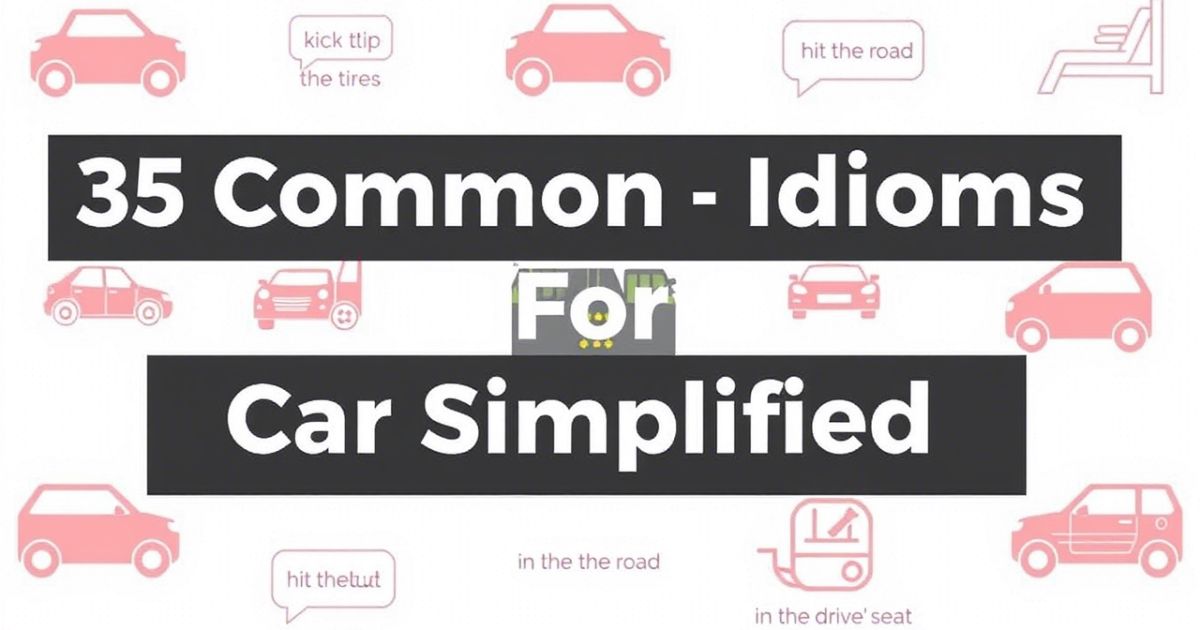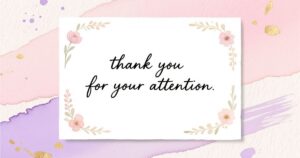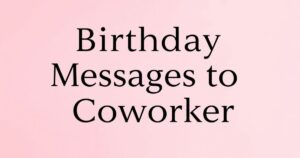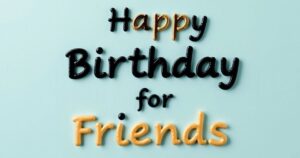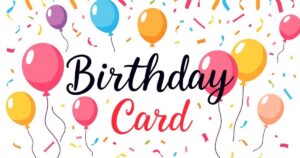Idioms For Car are fun and useful in everyday conversations. People use car idioms to describe life, decisions, and speed. These phrases come from driving and road experiences. Many car phrases help explain emotions, challenges, or actions. For example, “put the brakes on” means to stop something. “Pedal to the metal” means to go fast. These driving idioms make speech more colorful.
There are many idioms about driving that relate to life. “Shift into high gear” means to work faster. “Take a detour” means to change plans. These phrases about driving can describe careers, relationships, or problems. Understanding car idioms makes communication easier. Whether talking about work or daily life, these phrases help. Idioms For Car add fun to conversations. They help people express ideas clearly. Learning these car phrases improves English skills.
Idioms for Car: Endings and Transitions:
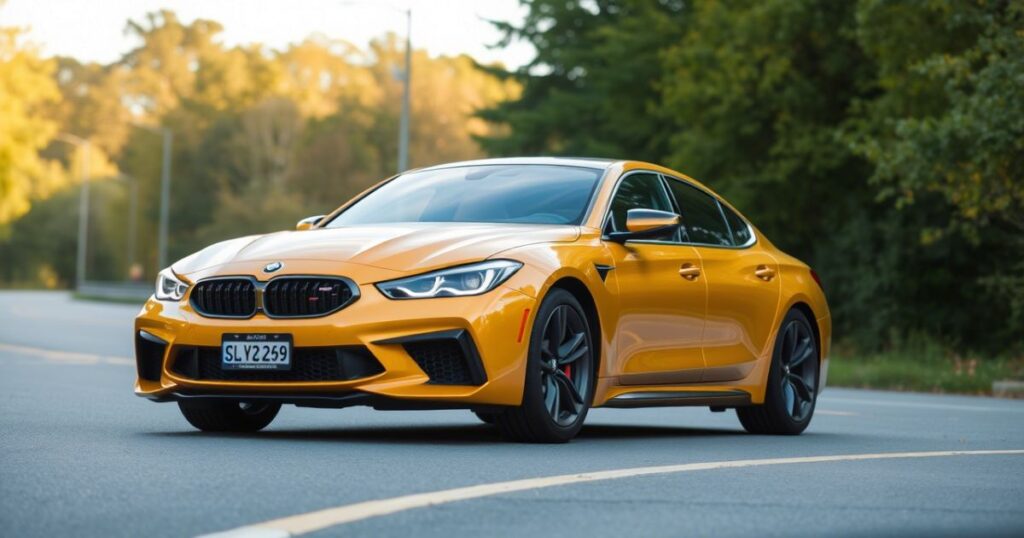
- Pedal to the Metal
Meaning: To go as fast as possible.
Example: He put the pedal to the metal to meet the deadline. - Burning Rubber
Meaning: Driving very fast.
Example: He was burning rubber to get to the airport on time. - Jumpstart
Meaning: To start something quickly.
Example: She took a course to jumpstart her career. - Cruise Control
Meaning: To do something with ease.
Example: After years of practice, public speaking is on cruise control for her. - Change Gears
Meaning: To switch focus or strategy.
Example: Let’s change gears and try a different approach. - Put the Brakes on
Meaning: To stop or slow down something.
Example: The company had to put the brakes on new hiring. - Smooth Ride
Meaning: An easy and trouble-free experience.
Example: The project was a smooth ride thanks to great teamwork. - Roadblock
Meaning: An obstacle or challenge.
Example: Lack of funds became a major roadblock in our plans. - Full Throttle
Meaning: With maximum effort.
Example: He’s working full throttle to finish the project. - Fast Lane
Meaning: A busy or high-pressure lifestyle.
Example: She loves the fast lane of the business world. - Running on Empty
Meaning: Having no energy left.
Example: After a long week, I’m running on empty. - Steering Clear
Meaning: To avoid something.
Example: I’m steering clear of office drama. - Road Rage
Meaning: Extreme anger while driving.
Example: His road rage got him into trouble with the police. - Out of Gas
Meaning: Exhausted or out of energy.
Example: After three meetings, I’m totally out of gas. - Take a Detour
Meaning: To change plans unexpectedly.
Example: Our vacation took a detour due to bad weather. - Shift into High Gear
Meaning: To speed up progress.
Example: We need to shift into high gear to meet the deadline. - Backseat Driver
Meaning: Someone who gives unwanted advice.
Example: My friend is such a backseat driver when I cook. - Hit the Brakes
Meaning: To stop suddenly.
Example: We had to hit the brakes on spending. - Buckle Up
Meaning: Get ready for something challenging.
Example: Buckle up, this project is going to be tough. - In the Driver’s Seat
Meaning: In control of a situation.
Example: She’s in the driver’s seat at her new job. - Put the Pedal Down
Meaning: To increase speed or effort.
Example: He put the pedal down to finish the report. - Pump the Brakes
Meaning: To slow down.
Example: We should pump the brakes on expansion. - Hit the Road
Meaning: To leave or start a journey.
Example: We need to hit the road early tomorrow. - Rolling Start
Meaning: To begin something gradually.
Example: The campaign got a rolling start with online ads. - Go Off Track
Meaning: To lose focus.
Example: We went off track during the meeting. - Dead End
Meaning: A situation with no way forward.
Example: The negotiations reached a dead end. - Green Light
Meaning: Permission to proceed.
Example: We got the green light to launch the product. - Red Light
Meaning: A warning to stop.
Example: The budget cuts were a red light for expansion. - Stay in Your Lane
Meaning: Focus on your own responsibilities.
Example: He needs to stay in his lane at work. - Overdrive
Meaning: Working extra hard.
Example: Our team is in overdrive to meet the deadline. - Hitting on All Cylinders
Meaning: Performing at full potential.
Example: The company is hitting on all cylinders this quarter. - Tire Out
Meaning: To get exhausted.
Example: This long meeting is tiring me out. - Redline
Meaning: Pushing to the limit.
Example: He’s been working at redline for weeks. - Shortcut
Meaning: A quicker way to do something.
Example: There’s no shortcut to success. - Lane Change
Meaning: A shift in direction.
Example: The company made a lane change to focus on digital.
Other Names for Car
Cars have many names, and people use different terms based on style, function, or preference. Some call it a vehicle, an automobile, or a motorcar. Others use casual terms like ride or set of wheels. No matter what you call it, a car is essential for daily travel. Many car idioms and car phrases use these words to describe different aspects of driving.
Certain names refer to specific types of cars. A sedan is a family-friendly choice, while a coupe is sportier. A convertible lets you feel the breeze, and a hatchback gives extra storage. Whether you’re driving a four-wheeler or a hot rod, these terms appear in many driving idioms and phrases about driving. Different words bring unique meanings, just like how idioms about driving reflect real-life situations.
Related Guide:
Abbreviation for Season? Definition & Meaning
Common Words Associated with Cars
Many words describe the essential parts of a car. The engine gives power, the steering wheel controls direction, and the brakes bring it to a stop. The dashboard provides important details, while the fuel tank stores gas. The gear shift lets the driver control speed. All these elements work together to make every ride safe and smooth. These terms often appear in car idioms and car phrases about driving.
Beyond mechanics, driving includes many actions. Speeding can lead to tickets, while cruising is a relaxed way to travel. Braking helps control speed, and turning allows safe navigation. From a fun road trip to dealing with traffic, these experiences inspire many driving idioms and phrases about driving. Understanding these words makes idioms about driving even more meaningful in everyday language.
Synonyms for Car
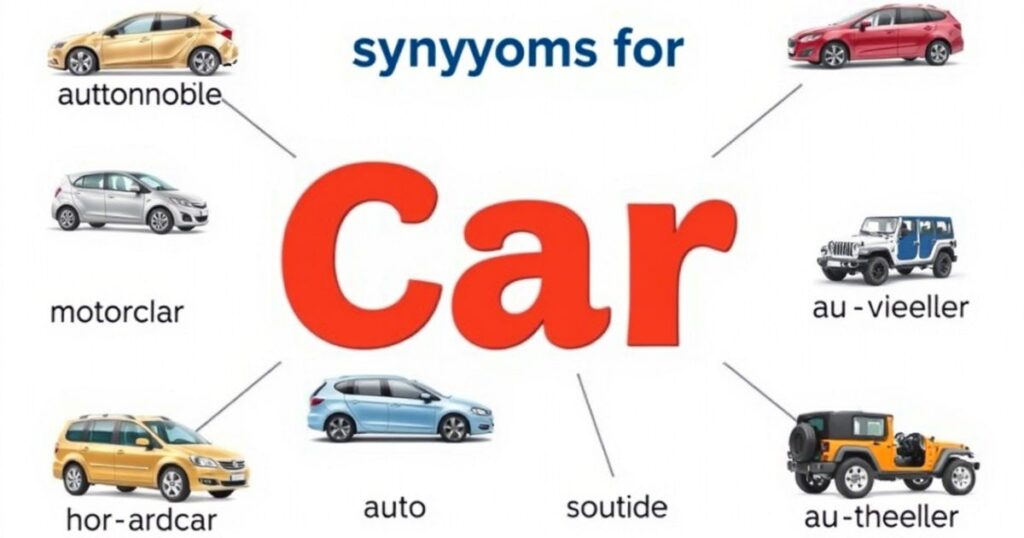
Cars have many names depending on their style, purpose, and culture. Some words emphasize their function, while others focus on their design or performance. From everyday language to technical terms, cars go by different names across regions.
- Vehicle : A general term for anything used for transportation.
- Automobile : A formal term often used in technical or legal contexts.
- Motorcar : A slightly old-fashioned way to refer to a car.
- Ride : A casual way to describe a personal car.
- Set of Wheels : A slang term for a car, often emphasizing style.
- Four-Wheeler : A common term, especially for off-road or larger vehicles.
- Hot Rod : A modified, high-performance car.
- Sedan : A specific type of car designed for comfort.
- Coupe : A smaller, sporty car with two doors.
- Hatchback : A car with a rear door that swings upward for storage.
Synonyms of Car in Different Contexts
Different words for cars appear in various settings, from formal documents to casual conversations. Some highlight their function, while others focus on how they move.
- Transport : Used when referring to movement and travel.
- Conveyance : A formal term meaning a mode of transportation.
- Chariot : A historical or poetic way to describe a vehicle.
- Buggy : A small car or off-road vehicle.
- Wagon : Can refer to a station wagon or an older transport method.
- Limo (Limousine) : A luxurious or stretched vehicle.
- Electric Vehicle (EV) : Used for modern battery-powered cars.
- Taxi (Cab) : A car used for public hire.
- Van : A larger vehicle, often used for carrying goods or passengers.
- Truck : Used for larger vehicles designed for heavy loads.
The Opposite of a Car: What Could It Be?
A car is a private, motorized vehicle designed for speed and convenience. Its opposite would be something slow, manual, or publicly shared. Public transit, such as a bus or train, is a strong opposite since it carries many passengers instead of just one driver. A bicycle is another opposite because it requires human effort, lacks an engine, and moves at a much slower pace. These alternatives offer different experiences from a personal automobile or motorcar.
Other opposites depend on perspective. A pedestrian has no vehicle at all, relying on walking instead. A horse-drawn carriage is a historical opposite, using animals instead of an engine. Some might even argue that teleportation instant travel with no physical movement is the ultimate opposite. Whether it’s a set of wheels or a complete lack of them, different transportation modes contrast with cars in unique ways.
Antonyms for Car: A Linguistic Exploration
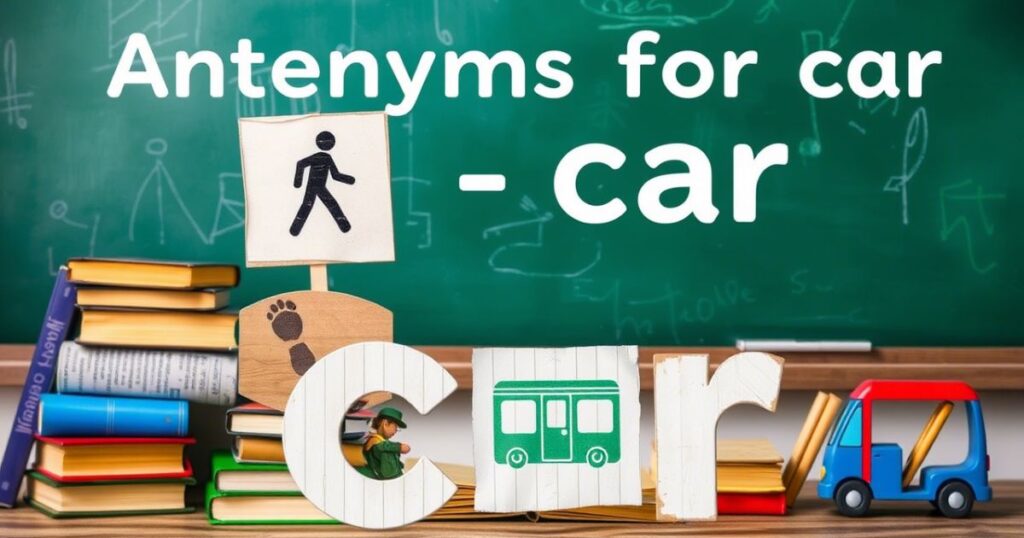
Not every mode of transport involves four wheels and an engine. Some vehicles serve the opposite purpose of a car, either in function or design. These alternatives offer different ways to travel, often emphasizing public transit, manual effort, or environmental benefits.
- Bicycle : A two-wheeled, pedal-powered alternative to a car.
- Train : A railway vehicle that moves large numbers of people.
- Bus : A form of public transport for multiple passengers.
- Subway : An underground rail system that replaces personal cars in cities.
- Motorcycle : A two-wheeled motorized vehicle, smaller than a car.
- Scooter : A lightweight, often electric, vehicle for short trips.
- Rickshaw : A manually pulled or pedaled transport, common in Asia.
- Horse Carriage : A historic alternative that predates the automobile.
- Skateboard : A self-propelled board used for short distances.
- Walking : The simplest, most natural way to travel without a car.
Take Your Learning Further: A Quick Quiz
Quiz 1:
What does the idiom “Pedal to the metal” mean?
A) Driving at a slow pace.
B) Speeding up to the maximum limit.
C) Hitting the brakes suddenly.
D) Taking a detour.
Answer: B) Speeding up to the maximum limit.
Quiz 2:
If someone is a “Backseat driver,” what are they doing?
A) Giving unwanted advice while someone else is driving.
B) Sitting quietly and enjoying the ride.
C) Fixing the car’s engine.
D) Steering the car from the passenger seat.
Answer: A) Giving unwanted advice while someone else is driving.
Quiz 3:
What does “Running on empty” mean?
A) Driving a car without passengers.
B) Having very little energy left.
C) Refueling at a gas station.
D) Switching to cruise control.
Answer: B) Having very little energy left.
Quiz 4:
Which idiom means “avoiding trouble or danger”?
A) Shift into high gear.
B) Steering clear.
C) Full throttle.
D) Jumpstart.
Answer: B) Steering clear.
Quiz 5:
If you need to “Put the brakes on” something, what are you doing?
A) Stopping or slowing down an activity.
B) Fixing a broken car part.
C) Speeding up suddenly.
D) Changing gears in heavy traffic.
Answer: A) Stopping or slowing down an activity.
Quiz 6:
What does “Burning rubber” mean?
A) Driving recklessly and causing tire smoke.
B) Setting fire to a vehicle’s tires.
C) Changing tires quickly.
D) Parking the car in a safe place.
Answer: A) Driving recklessly and causing tire smoke.
Quiz 7:
If someone says “Change gears,” what do they mean?
A) Adjusting to a new situation.
B) Fixing a car’s transmission.
C) Switching from driving to parking.
D) Accelerating quickly.
Answer: A) Adjusting to a new situation.
Quiz 8:
What does “Take a detour” mean?
A) Finding a different route.
B) Speeding past traffic.
C) Driving in reverse.
D) Ignoring road signs.
Answer: A) Finding a different route.
Quiz 9:
What does “Full throttle” mean?
A) Giving maximum effort.
B) Slowing down.
C) Checking the car engine.
D) Driving with cruise control.
Answer: A) Giving maximum effort.
Quiz 10:
What does “Road rage” refer to?
A) Aggressive driving caused by anger.
B) A fun road trip.
C) Driving with music on full volume.
D) Following traffic rules strictly.
Answer: A) Aggressive driving caused by anger.
FAQ’s
What Are Idioms For Car?
Idioms For Car are expressions based on driving and vehicles. They describe speed, control, obstacles, and life situations using car phrases and driving idioms.
Why Are Idioms For Car Important?
Idioms For Car make language more colorful and relatable. These phrases about driving help people express ideas clearly in conversations, work, and everyday situations.
How Can I Use Idioms For Car?
Use idioms about driving in daily talk or writing. Say “shift into high gear” for working faster or “put the brakes on” to stop something.
Are Idioms For Car Common In English?
Yes, many people use car idioms often. They are popular in casual talks, business meetings, and even motivational speeches to describe speed, control, and challenges.
Where Can I Learn More Idioms For Car?
You can find car idioms in books, online articles, or language courses. Watching movies and listening to native speakers also helps understand driving idioms better.
Conclusion
Idioms For Car make conversations more fun and interesting. They help explain speed, control, and obstacles in life. People use car idioms to talk about work, relationships, and daily challenges. Saying “put the brakes on” means to stop something. “Cruise control” means staying steady. These car phrases make speech more expressive and easy to understand. Many driving idioms describe real-life situations.
Learning idioms about driving helps improve language skills. Expressions like “shift into high gear” mean to work faster. “Take a detour” means changing plans. These phrases about driving help people sound natural in English. Idioms For Car are useful in casual and professional settings. Whether in a friendly chat or a business talk, they add meaning. Using car idioms makes speech lively and relatable. Keep learning new driving idioms to improve communication. Idioms For Car help express thoughts better.

Atlas Reid is an experienced administrator with 5 years of expertise in managing operations, streamlining processes, and ensuring efficiency. Skilled in leadership, organization, and problem-solving to drive business success.
